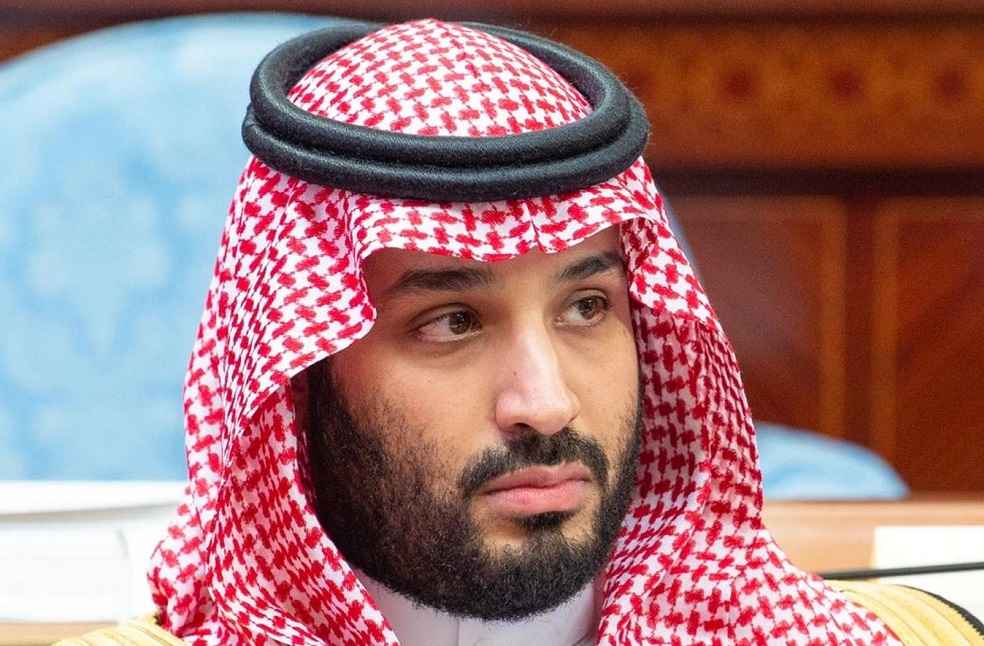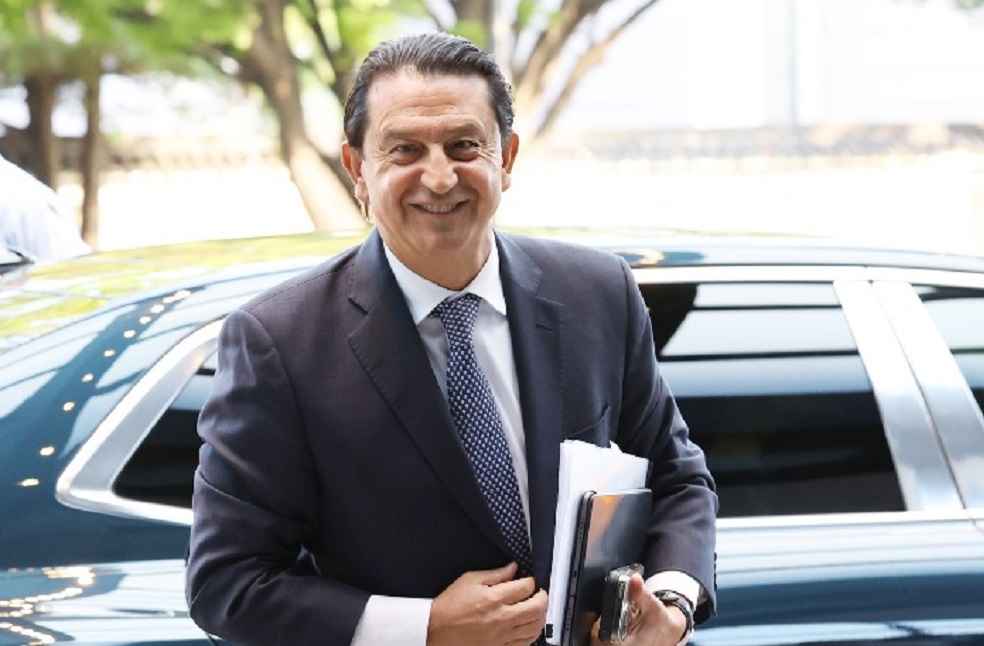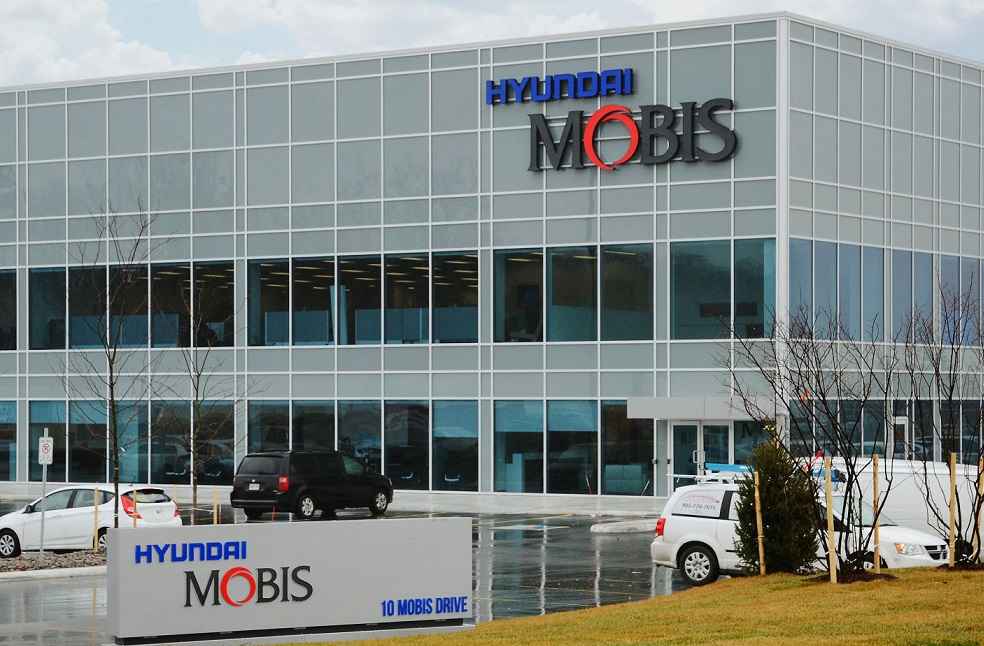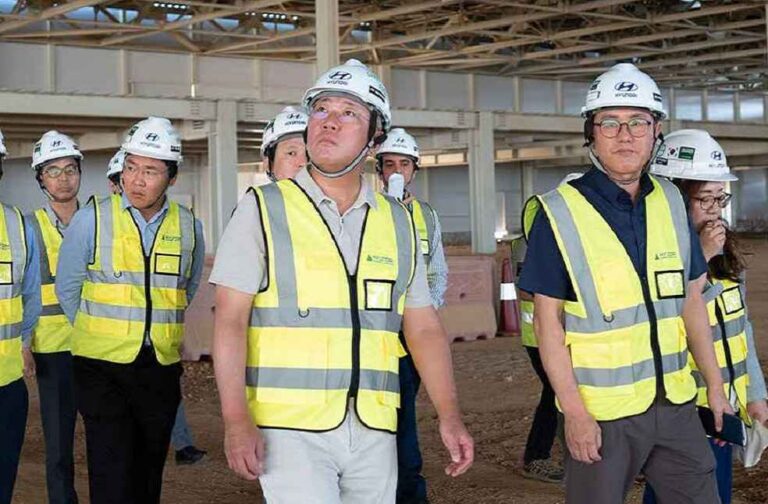Hyundai Motor Group Chairman Chung Euisun met Saudi Crown Prince Mohammed bin Salman in Riyadh to discuss expanding cooperation beyond automobiles into next-generation energy sectors, reaffirming the South Korean automaker’s growing strategic presence in the Middle East.
During their meeting, Chung expressed Hyundai’s commitment to deepening collaboration in renewable energy, hydrogen, Small Modular Reactors (SMRs), and nuclear power as part of Saudi Arabia’s Vision 2030 initiative.
“We look forward to expanding collaboration in future energy sectors, including renewable energy, hydrogen, SMR, and nuclear energy,” Chung said, underscoring the Group’s long-term commitment to the kingdom’s diversification and giga projects.
The meeting marked the first private discussion between Chung and the crown prince, following earlier encounters during the prince’s 2022 visit to Seoul.

Talks covered automotive manufacturing, smart cities, and energy innovation, reflecting Hyundai’s plan to broaden its business footprint beyond the automotive industry.
The chairman’s visit came a day after he inspected the construction site of Hyundai Motor Manufacturing Middle East (HMMME), the company’s first automobile production base in the region.
The joint venture, owned 70% by Saudi Arabia’s Public Investment Fund (PIF) and 30% by Hyundai, broke ground in May at the King Salman Automotive Cluster in Riyadh.
The 400,000-square-meter plant is expected to begin operations in the fourth quarter of 2026, producing 50,000 vehicles annually, including electric and internal-combustion models.
Cars will be assembled from completely knocked-down (CKD) kits imported from abroad. Chung also noted that Hyundai may consider expanding production capacity depending on market demand.

José Muñoz, Hyundai Motor’s President and CEO, who accompanied Chung, said the new facility “demonstrates Hyundai’s long-term commitment to the Middle East’s largest auto market” and will support Vision 2030 while serving as a strategic element in Hyundai’s global midterm plan.
Saudi Arabia accounts for about one-third of the Middle East’s 2.5 million annual vehicle sales. Hyundai and its affiliate Kia sold a combined 199,515 units in 2024, up from 173,295 the previous year, and are projected to reach about 210,000 units in 2025.
Their Hyundai Accent and Kia Pegas models ranked first and second in the country’s sales charts during the first half of the year.
Beyond manufacturing, Hyundai Motor Group is broadening its cooperation with Saudi partners in mobility, smart-city development, and future energy. The company aims to use its hydrogen technology to help the kingdom establish a clean-energy ecosystem.

Last year, Hyundai acquired the hydrogen fuel-cell business of its affiliate Hyundai Mobis, consolidating control over its hydrogen value chain and reinforcing hydrogen as a core pillar of growth.
In Saudi Arabia, Hyundai signed an agreement with NEOM to introduce eco-friendly transport solutions and successfully tested its hydrogen-powered Universe FCEV bus on NEOM’s mountainous routes earlier this year.
Kia is also collaborating with Red Sea Global to provide electric vehicles and technical training as part of a pilot project supporting Saudi Arabia’s sustainable tourism vision.
In addition, Hyundai Motor Group has partnered with the MISK Foundation, founded by the crown prince, to develop local talent and explore smart-city collaboration opportunities.
NEW LAUNCH | Stellantis Teams Up With NVIDIA, Uber, Foxconn for Robotaxis





